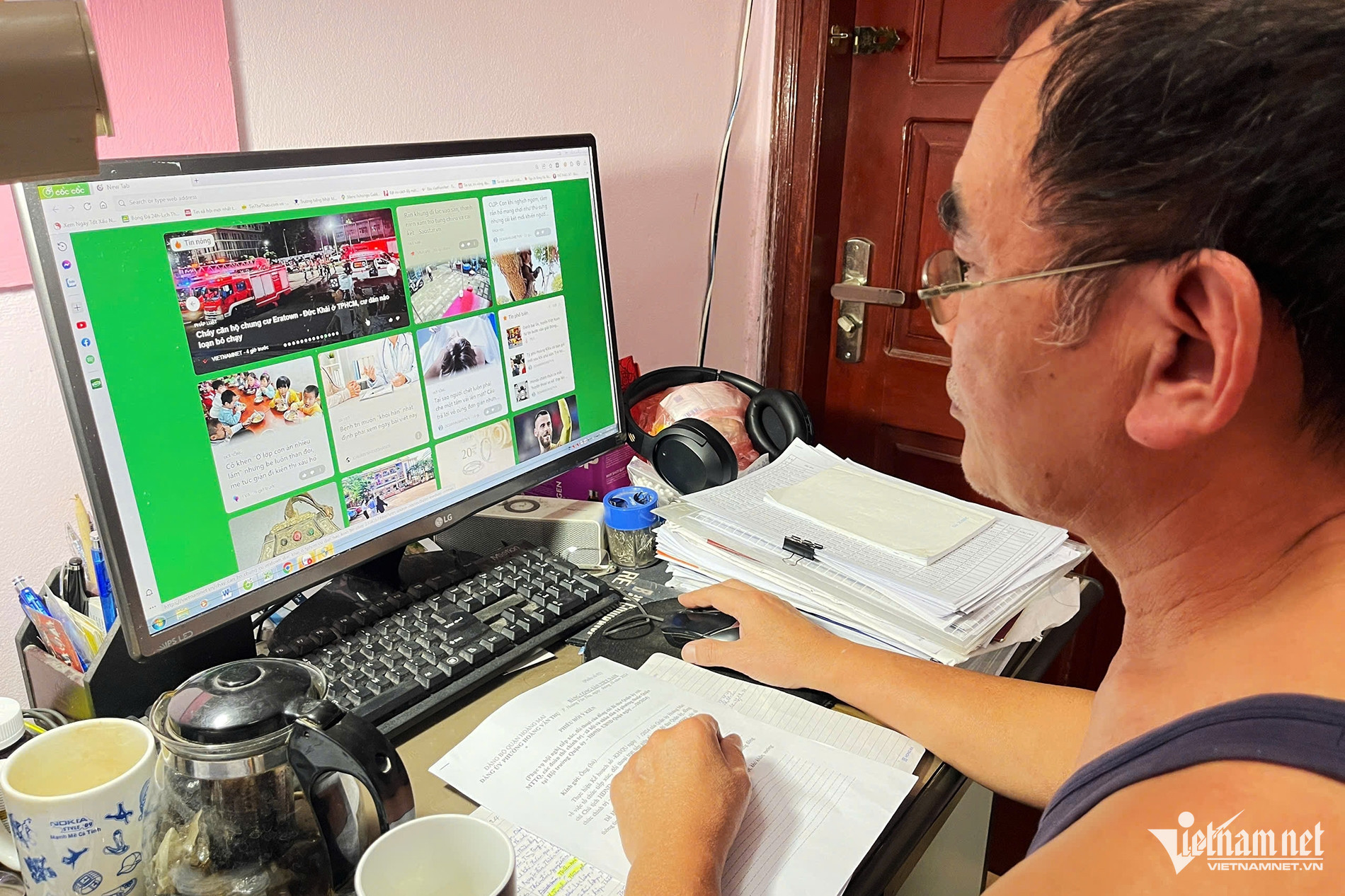
The legal document will be applied to both domestic and foreign businesses which provide cross-border internet services to Vietnam.
The decree consists of regulations on blocking and removing "infringing content and services" within 24 hours; blocking and removing content that breaks national security, and temporarily or permanently blocking accounts, pages, groups and social network channels that often breach the laws.
The decree also requires authentication and identification of user accounts with phone numbers or personal identification number, ensuring that only authenticated accounts can post information (write articles, comments, livestream) and share information on social networks.
The owners of pages, channels and groups on social networks have to take responsibility for the content they post and for comments of the groups.
Social networks have to supervise and remove information, services and apps that breach the laws, and publicize algorithms to distribute content.
Applauding the newly released decree, Chu Tuan Anh, CEO of Aptech, a system that trains programmers, said it is necessary for the government to set up strict regulations to control the use of the internet and online information.
Recently, many celebrities have been found violating laws and some have been sentenced to imprisonment because of deviant behavior on social networks.
The existence of such behaviors and statements on social networks is attributed to the lack of requirement for identification. Users freely make statements and comments, including profanity, because they believe they are anonymous.
The expert said the regulation on blocking and removing violating content and services is very important, as it helps stop fake news and avoids scams.
With the new regulation, every individual has to be responsible for their statements, helping to create a civilized culture on social networks.
The fact that platforms store users’ information will also support investigations by agencies when necessary.
However, Anh warned that during the implementation of new regulations, there would be challenges in information security, especially on cross-border platforms, that operate in many countries which have different policies on information security and user protection.
Mai Thi Thanh Oanh, deputy CEO of Coc Coc, stressed that control over businesses that provide information across borders is a necessity to maintain a legal and competitive business environment.
She said if effectively implemented, the solutions stipulated in Decree 147 will not only help protect national digital sovereignty and users, but also create a healthy competitive environment.
Trong Dat